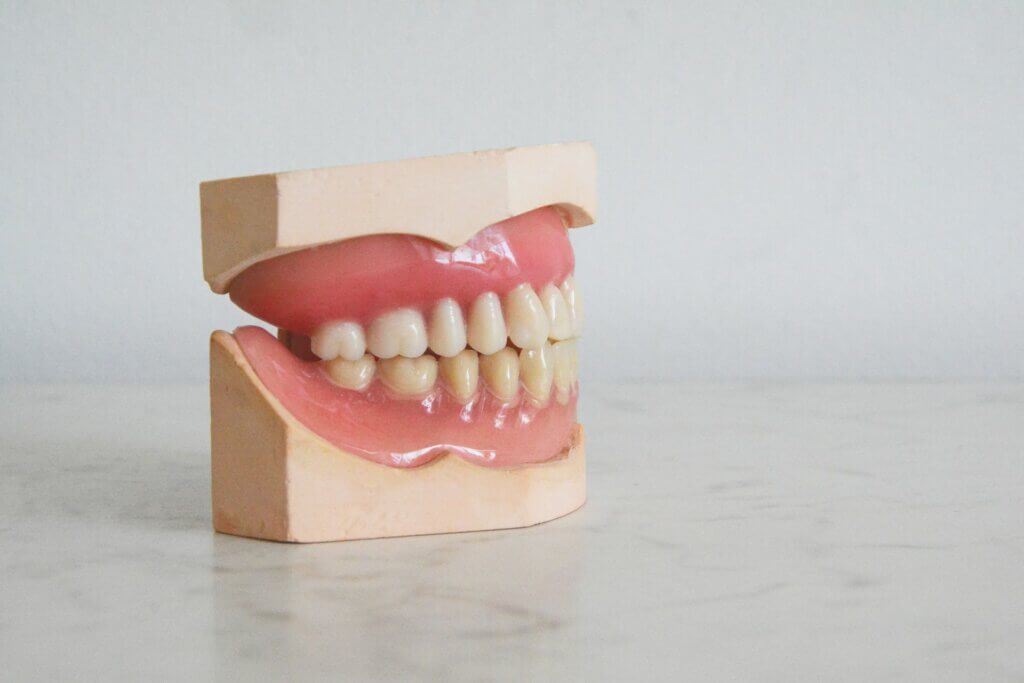Shoes are more than just fashion accessories; they play a crucial role in our overall health, particularly concerning our feet and posture. The impact of footwear on our physical well-being is often underestimated. Our feet, a complex network of bones, muscles, and tendons, bear the weight of our entire body, making them the foundation of our stability and mobility.
The relationship between shoes, foot health, and posture is intricate. Ill-fitting or improper footwear can lead to a myriad of foot issues, causing discomfort and even long-term health problems. From bunions and blisters to more severe conditions like plantar fasciitis or back pain, the consequences of wearing inappropriate shoes can significantly affect our daily lives.
Moreover, the shoes we wear directly influence our posture. Imagine a building with an unsteady foundation—it would likely develop structural issues. Similarly, unsupportive shoes can throw off our body alignment, leading to poor posture, muscle imbalances, and even chronic pain in the back, hips, or knees.
In this article, we'll delve into the critical relationship between footwear, foot health, and posture. We'll explore how choosing the right shoes can prevent foot problems, improve posture, and contribute to our overall well-being. Join us as we uncover the essential aspects of maintaining healthy feet and a balanced posture through the right choice of footwear.
Understanding the Foundation of Good Foot Health

Our feet serve as the unsung heroes of our body, providing support, balance, and mobility. Ensuring good foot health is fundamental to our overall well-being. The foundation of healthy feet begins with understanding their intricate structure and the pivotal role they play in our daily lives.
Feet comprise 26 bones, 33 joints, and over 100 muscles, tendons, and ligaments. This complex network works synergistically to bear the weight of our bodies, absorb impact, and facilitate movement. Any imbalance or stress placed on this structure can lead to various foot ailments.
The importance of proper footwear cannot be overstated in maintaining good foot health. Ill-fitting shoes or those lacking adequate support can cause a plethora of issues—from blisters and corns to more severe conditions such as hammertoes or even stress fractures. Moreover, neglecting foot health not only affects the feet but can also lead to discomfort in other parts of the body, including the knees, hips, and lower back.
Regular foot care, including proper hygiene, maintaining a healthy weight, and choosing footwear that offers adequate arch support and cushioning, is essential. Understanding one's foot type and selecting shoes that accommodate its specific needs can significantly contribute to preventing foot problems.
In essence, our feet are the foundation upon which we stand and move through life. Nurturing their health through appropriate care and suitable footwear is pivotal for maintaining an active, pain-free lifestyle. In the next sections, we'll delve deeper into the criteria for selecting the right shoes that promote optimal foot health and support good posture.
Selecting the Perfect Fit Shoes

When it comes to foot health, the shoes we choose play a pivotal role. Selecting the right footwear isn't just about style; it's about ensuring comfort, support, and the overall well-being of our feet. Here's a comprehensive guide on how to choose the perfect shoes for maintaining healthy feet.
Firstly, size matters. Ill-fitting shoes are a primary cause of foot discomfort. Ensure you get your feet measured regularly, as sizes may vary across different brands and styles. Opt for shoes that provide ample room for toes to wiggle, preventing pressure on the sides or top of the foot.
Arch support is another crucial factor. Different foot types require varying levels of arch support. High arches might need cushioned support, while flat feet might benefit from more structured arch support. Look for shoes that offer the right level of arch support to match your foot's natural shape.
Material choice matters for both comfort and breathability. Leather and natural materials allow feet to breathe and reduce the risk of irritation or blisters. Additionally, choose shoes with adequate cushioning, especially in the heel and forefoot areas, to absorb shock and minimize impact during walking or running.
Consider the shoe's purpose. Athletic shoes, for instance, should provide specific support for the activity they're designed for, be it running, walking, or playing sports. Everyday shoes should prioritize comfort and support for daily wear.
Lastly, don't ignore the fit. Walk around in the shoes before purchasing them. Ensure there's no slipping or rubbing, as this can lead to discomfort or blisters later on.
Remember, investing in high-quality shoes that prioritize comfort and support is an investment in your foot health. By choosing the right shoes, you're not only ensuring comfort but also safeguarding against potential foot problems that could affect your posture and overall well-being.
Impact of Footwear on Posture

The relationship between footwear and posture is a crucial yet often overlooked aspect of our daily lives. The shoes we wear have a profound impact on our posture, affecting the alignment of our entire body. Let's explore how footwear can significantly influence our posture.
Imagine shoes as the foundation of a building—the sturdier and well-aligned the foundation, the more stable and balanced the structure. Similarly, the shoes we wear act as the foundation for our body's alignment. When shoes lack proper support or don't match the natural contours of our feet, they can disrupt our body's alignment, leading to poor posture.
Unsupportive footwear, such as high heels or shoes with inadequate arch support, can cause misalignments in the spine, pelvis, and lower limbs. This misalignment can result in muscle imbalances, putting undue stress on certain muscles while underutilizing others, leading to discomfort, fatigue, and even chronic pain.
Moreover, excessively cushioned or worn-out shoes can alter our gait, causing instability and affecting our body's natural balance. This alteration in gait can ripple through the entire musculoskeletal system, impacting joints and muscles and potentially leading to issues such as lower back pain or knee problems.
On the contrary, properly fitting shoes with adequate arch support and cushioning can promote proper alignment. They provide stability, distribute body weight evenly, and reduce the strain on muscles and joints, thus supporting a healthier posture.
Understanding the connection between footwear and posture is essential for maintaining good musculoskeletal health.
By choosing shoes that support your body's natural alignment, you not only enhance comfort but also contribute to improved posture and overall well-being. In the subsequent section, we'll delve deeper into strategies for preventing foot problems and maintaining a balanced posture through proper footwear choices.
Preventing Foot Issues and Fostering Postural Health

Maintaining optimal foot health isn't just about comfort; it's a cornerstone of overall well-being. By taking proactive measures and making informed footwear choices, we can prevent foot problems and uphold a balanced posture, fostering a healthier lifestyle.
Choosing the right footwear is paramount. Ill-fitting shoes can lead to a host of foot issues, from blisters and calluses to more severe conditions like bunions or plantar fasciitis. Invest in shoes that accommodate the natural shape of your feet, providing ample room for toes to move without constriction. Additionally, ensure proper arch support and cushioning to prevent strain on your feet and maintain a comfortable gait.
Regular foot care routines contribute significantly to preventing problems. Keep your feet clean and dry to prevent fungal infections. Moisturize to avoid dry, cracked skin. Trimming toenails properly can prevent ingrown nails, a common but painful issue.
Moreover, maintaining a healthy weight can alleviate stress on your feet and improve overall posture. Excess weight can strain feet and joints, leading to discomfort and potential posture-related problems. Engaging in exercises that strengthen the feet and improve balance, such as yoga or specific foot-strengthening routines, can enhance stability and posture.
It's crucial to listen to your body. Any discomfort or pain in the feet or lower limbs shouldn't be ignored. Addressing these issues promptly can prevent them from escalating and causing more significant problems.
By adopting these preventive measures and being mindful of your footwear choices, you can significantly reduce the likelihood of foot problems and support a balanced posture. Prioritize your foot health to enjoy a more active and pain-free lifestyle. In the following section, we'll explore some case studies and expert insights, shedding light on the real-life implications of proper foot care and its impact on posture.
Footwear Matters: A Call to Prioritize Foot Health for Improved Posture
In conclusion, the impact of footwear on our feet and posture cannot be overstated. Choosing the right shoes isn't merely a style statement; it's a commitment to our health. By prioritizing proper footwear—shoes that provide support, comfort, and alignment—we can prevent foot issues and maintain a balanced posture, positively influencing our overall well-being.
Let's take a step towards a healthier future. Invest in footwear that prioritizes foot health and supports a balanced posture. Check out Reebok's shoe collection to find your perfect pair of shoes for optimal comfort, support, and style.
Your feet will thank you for the care and attention they deserve.




